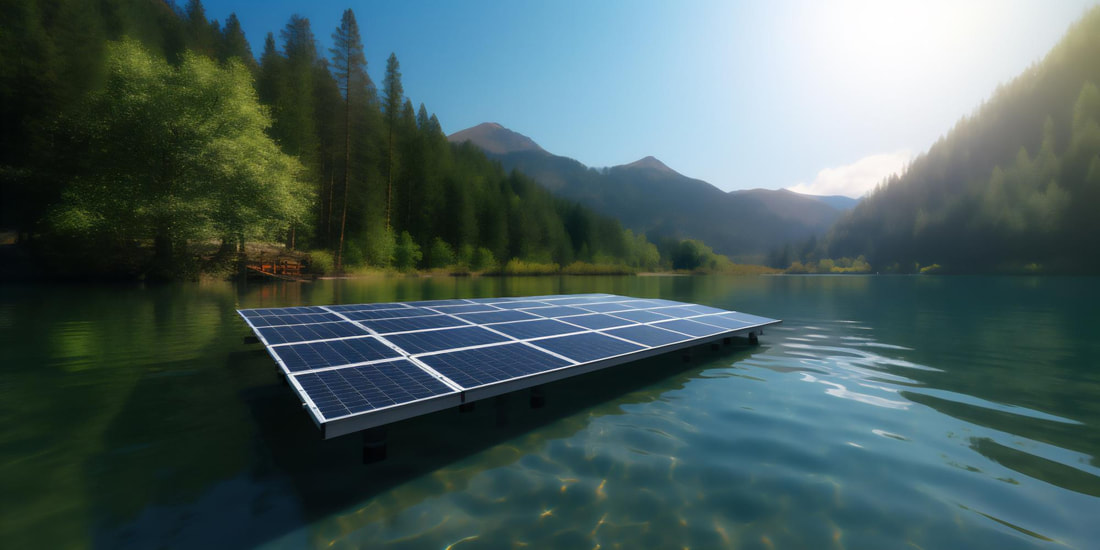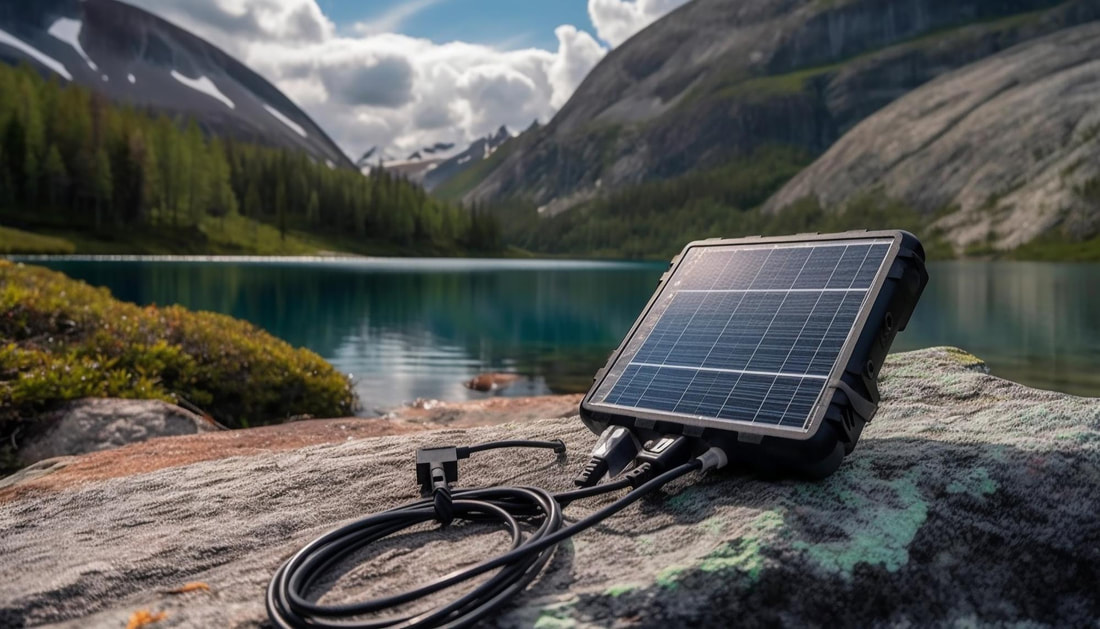- About
-
Services
- Solutions for Air Pollution
- Solutions for Climate Change
- Fruit and Vegetable Waste Management
- Glass Waste Management
- Global Sanitation & sustainability Project
- Sustainable Housing Solutions
- Water Management Solutions
- Flower Waste Management
- Plastic Waste Management
- Solar Energy Solutions
- Wind Energy Solutions
- Water Energy Solutions
- Sectors
- Consultation
- Internship
- Contact Us
- Blog
- About
-
Services
- Solutions for Air Pollution
- Solutions for Climate Change
- Fruit and Vegetable Waste Management
- Glass Waste Management
- Global Sanitation & sustainability Project
- Sustainable Housing Solutions
- Water Management Solutions
- Flower Waste Management
- Plastic Waste Management
- Solar Energy Solutions
- Wind Energy Solutions
- Water Energy Solutions
- Sectors
- Consultation
- Internship
- Contact Us
- Blog
|
Empowering Sustainable Solutions for a Better Tomorrow.
|
General Inquiries |
Navigate |
We acknowledge and pay our respects to the Wurundjeri people of the Kulin Nation, as the Elders and Traditional Owners
of the land on which our head office is located, and recognise their continuing connection to Country and community.
We also acknowledge and pay our respects to the Elders and Traditional Owners of the land on which our Canberra office stands.
of the land on which our head office is located, and recognise their continuing connection to Country and community.
We also acknowledge and pay our respects to the Elders and Traditional Owners of the land on which our Canberra office stands.



 RSS Feed
RSS Feed

